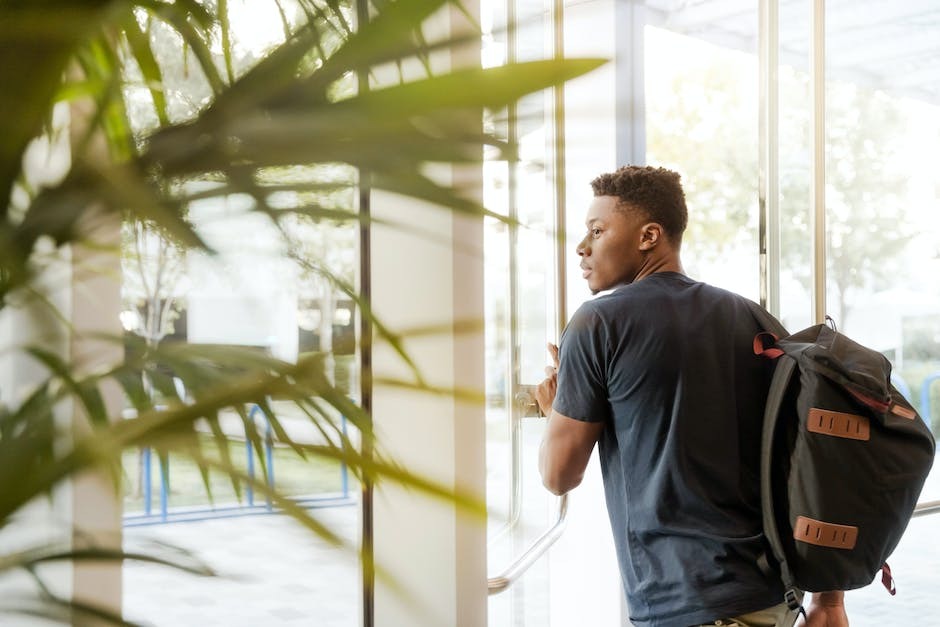For many college students, isolation can be an all too familiar feeling. Once you set foot on campus, you face new experiences without an immediate support group. This can lead to feeling isolated. Loneliness and boredom can lead to unhealthy coping mechanisms such as addiction.
If you are struggling with addiction and the fear of isolation, it is essential to know that there are ways to find a more fulfilling lifestyle without substance abuse. This blog post will discuss handling isolation as a student and creating meaningful connections outside your comfort zone, and choices for treatment.
What Is Isolation, and Why Is It Harmful?
Isolation is a feeling of disconnectedness from others. It involves a lack of meaningful relationships or social support, and not engaging in activities with other people. The first year at college can lead to depression, anxiety, and other mental health issues. Loneliness can be particularly damaging when it becomes a habit, as it can lead to substance abuse.
Research by the Journal of Psychoactive Drugs has found a direct link between loneliness and an increased risk for addiction. People are likely to turn to drugs or alcohol as a coping mechanism for their feelings of isolation. This is a way of coping with being alone or filling an emotional void with substances like drugs or alcohol. The continued use of substances can quickly spiral into a full-blown addiction, leading to further isolation and loneliness.
Creating Meaningful Student Relationships
If you’re feeling isolated, reaching out and finding ways to connect with others to avoid turning to substance abuse is essential. It can be scary to reach out and make new connections when you’re feeling isolated, but doing so can help reduce your risk for addiction. In addition, seeking out supportive relationships can help reduce stress and provide an outlet for your feelings. If you don’t know where to start, there are lots of resources available that can help point you in the right direction.
It’s important to remember that creating meaningful relationships isn’t just beneficial for students, but for everyone. Everyone needs someone to talk to, someone to share experiences with, and someone to rely on. So it’s not just about tackling the issue of loneliness but also having someone who understands you and cares about your well-being.
Finding Social Events
According to the Indian Journal of Psychiatry, the community plays a vital role in drug prevention for those within. One way to start building relationships is to join a student organization on campus. This could be anything from a club or sports team to a fraternity or sorority. Participating in these activities will help you make friends with similar interests and values. You may even find that some of these relationships last beyond college.
Another way to create meaningful relationships is by using social media outlets. For example, most universities have a Facebook page or group for incoming and current students. This is a great way to connect with others in your situation. You can also use social media to meet people in your area with similar interests.
Finally, don’t be afraid to reach out to your peers. Introducing yourself in class or saying hello in the hallway can help break down barriers between strangers and create lasting friendships. Take the initiative, and don’t be afraid to make the first move.
Find Activities You Enjoy
It’s important to practice self-care and maintain a healthy lifestyle. Eating nutritious meals and engaging in physical activity can help to boost your mood and give you the energy you need to stay connected with the world around you. This can start with a hobby or activity that brings you joy.
Having hobbies allows you to take your mind off the feeling of isolation and engage in activities that you genuinely enjoy. Whether writing, art, or music, having something to do that makes you happy can make all the difference. You don’t have to be good at it and you may not even have to leave your room, it just has to make you feel good.
Students Are Not Alone
Taking the first step to find recovery from substance abuse as a student can be intimidating. However, reaching out and finding treatment is essential for your well-being. First Steps Recovery understands that true sobriety is more than simply abstaining from substance use. To achieve a life of true freedom, it is essential to confront underlying emotional issues and any possible mental health complications.
First Steps Recovery has a team of professionals dedicated to helping you find a healthier and more fulfilling lifestyle without using drugs or alcohol. With our customized treatment plans and compassionate care, you will be guided toward reaching your goals of sobriety and emotional stability. We are committed to providing personalized care that meets your needs and supports your journey.
Facilities and services created by First Steps Recovery help patients battle addiction. We seek to not just treat those with addiction but to ensure that they attain long-term recovery. Detoxification, inpatient therapy, and outpatient care are all included in this process. We travel alongside our patients every step of the way to ensure their needs are met.
It is never too late to treat an addiction. We ask you to consider our residential rehabilitation center if you are battling addiction. We are ready to provide personalized and holistic care to best treat you. Call us today if you need more information or are friends with someone battling addiction.




